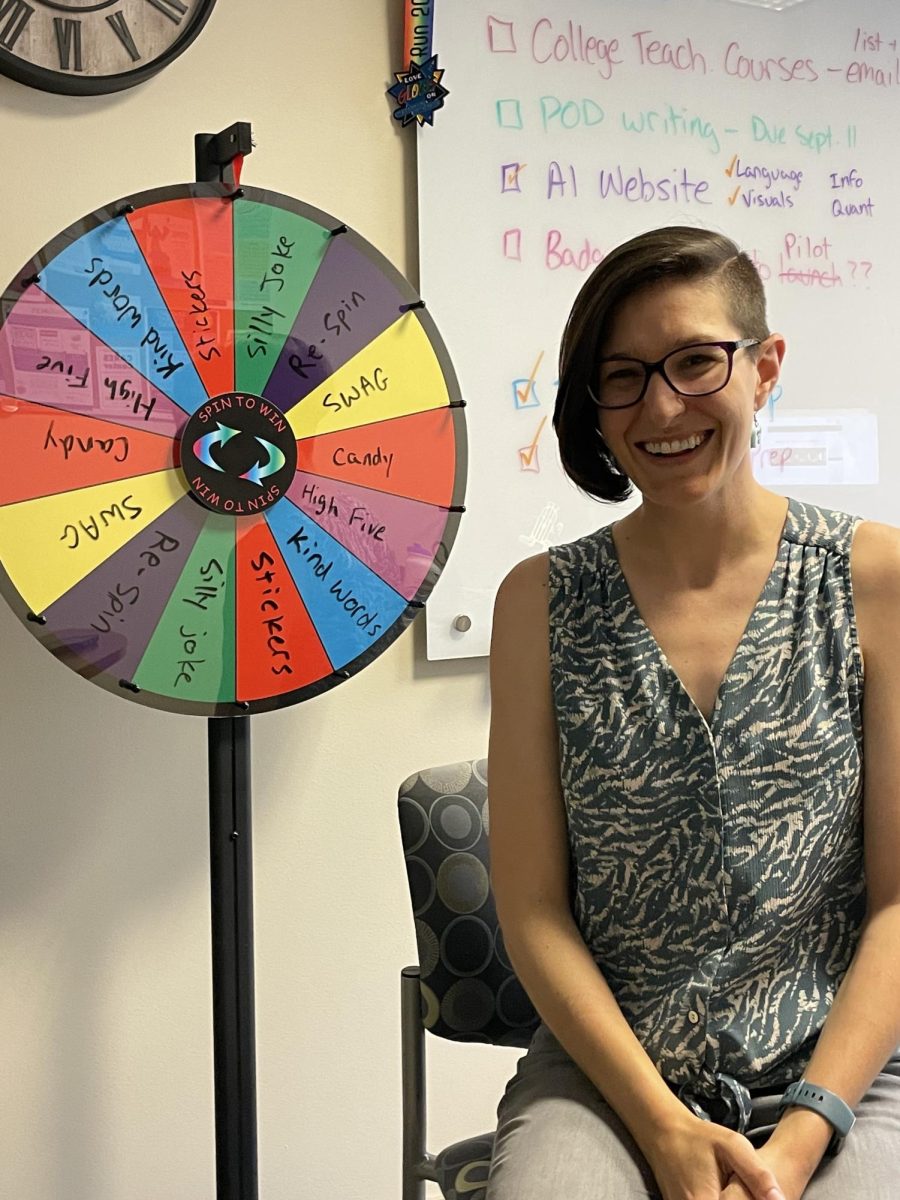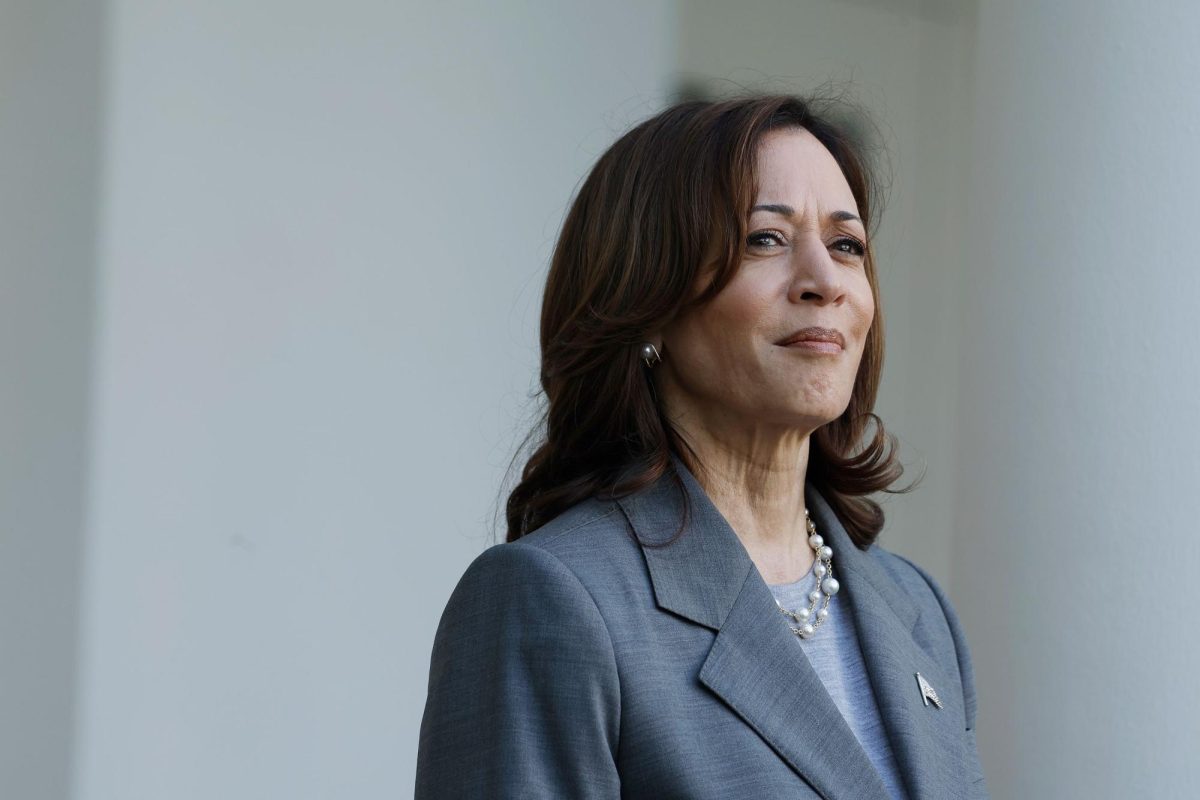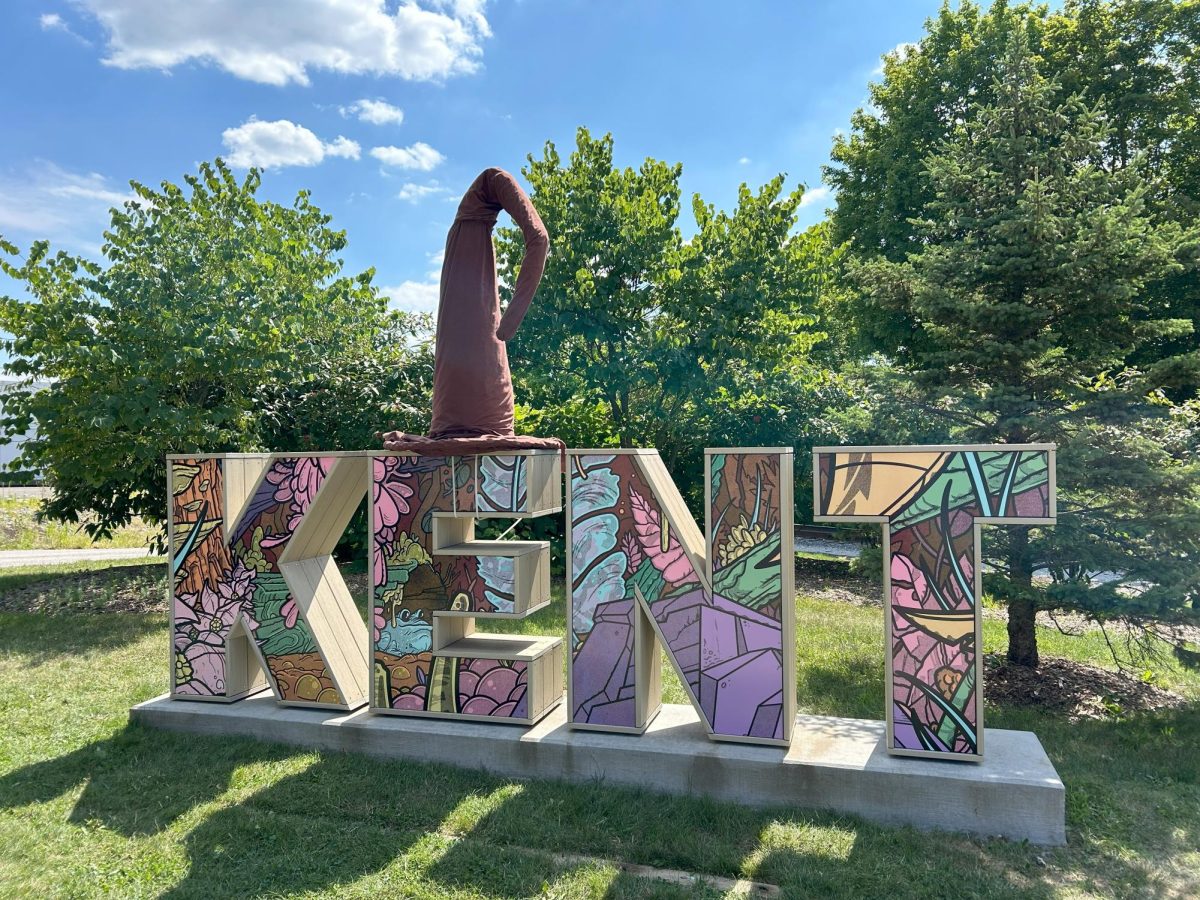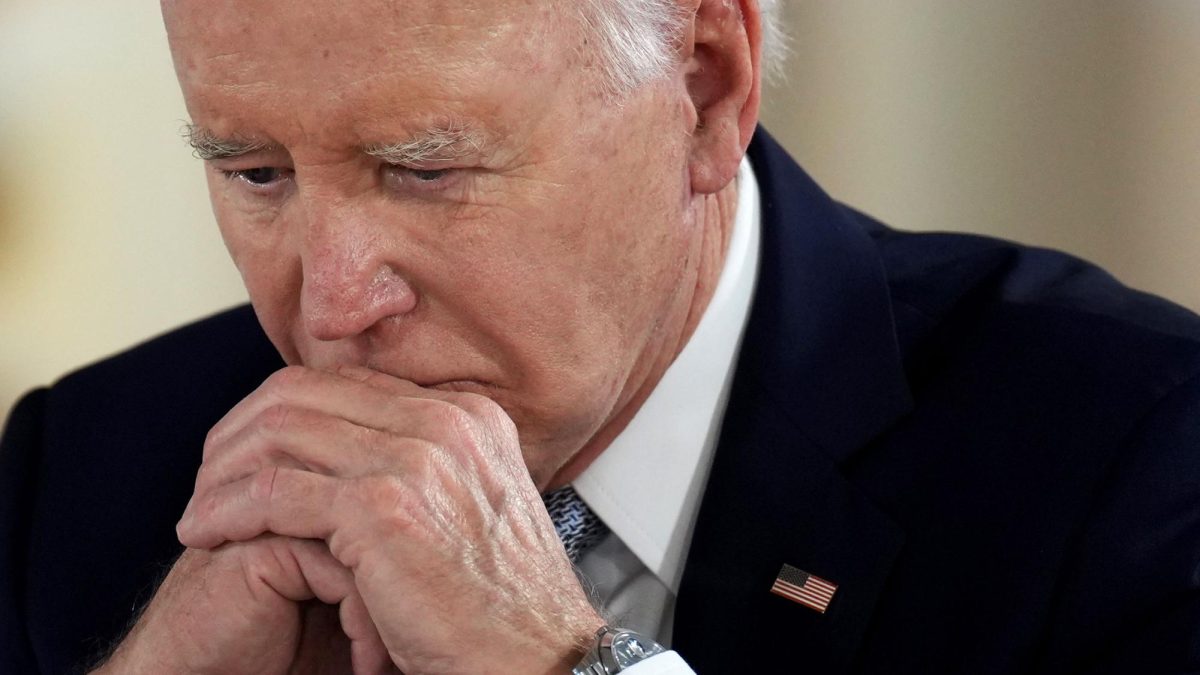Gaming in the classroom is uncommon.
Many students go to class and watch teachers present a PowerPoint presentation of the chapter they are covering.
Sarah Beal, the professional development specialist at the Center for Teaching and Learning, teaches her students the importance of trust and respect when trying to build an inclusive classroom environment.
After her students build trust and respect with each other, she begins to incorporate different games and activities to help them build a community, she said.
“Without any attempt at building a classroom community, introducing a game for students to play with each other is not going to work,” Beal said. “When we think about developing an inclusive learning environment, we need to first help build some familiarity among students. We can then introduce a game to further develop their sense of community and help with getting to know one another.”
Beal has developed a game for her students called “Trade Your Way to Troy,” which is a resource management game where students have a limited number of resources and can trade with one another. Students have to exchange resources with each other and come to a compromise over what they might need the most.
“A game where there is some kind of resource management is the best to try and introduce into the classroom because it can be challenging among students and require some kind of compromise,” she said. “There are a lot of lessons within resource management games that can be applied across a lot of different classrooms like compromise among students, how to build a plan and making the most of every resource available.”
Jeremy Foust, a fifth-year doctoral student pursuing his degree in social psychology, created a game involving socioeconomic status and health for health psychology students.
His game allows students to play as one of four characters that have a defined socioeconomic status and salary that they make. Each character has a different backstory that tells you how rich they are, or how many resources they have. There are also obstacles you encounter within the game as your character progresses through.
Foust said that the game he developed has been used to promote diversity, equity and inclusion within the classroom. The game topic can help students consider the structural barriers accompanying socioeconomic status.
“I think the first thing that comes to mind when playing a game like this is how you experience some of the barriers people with different statuses face,” he said. “When we talk about marginalized groups or people who are underrepresented in the classroom, you’ll generally be lectured and then ask for students to share different things about their experiences.”
He doesn’t think it’s always fair to put the burden on people who have lived within a marginalized group to share their experiences in front of the class. He has students form small groups and talk about their experiences without the pressure of speaking to everyone in the class.
“These games and activities promote bonding among students as they learn about each other’s experiences,” he said. “Having them discuss within small groups after playing can help them learn more about the topic, all while getting to know one another.”
By developing a community agreement with your students outlining how to treat one another in the class, games can help establish their sense of identity. Students know they will be treated with respect and be willing to participate with one another, Beal said.
She tells her students she cares about their ideas and that their views, opinions, and lived experiences are welcome within her classroom.
“When you have been establishing an environment where students feel welcomed and heard, then allowing them to play games where they can bring their own experiences into them, as well as their diverse perspectives, they know they can bring their authentic selves into the game,” Beal said. “That’s how you know the games can further support inclusion in the classroom.”
To learn more about how to promote inclusiveness in the classroom, contact the Division of Diversity, Equity and Inclusion.
Molly Hoffer is digital tech. You can contact her at [email protected].




















